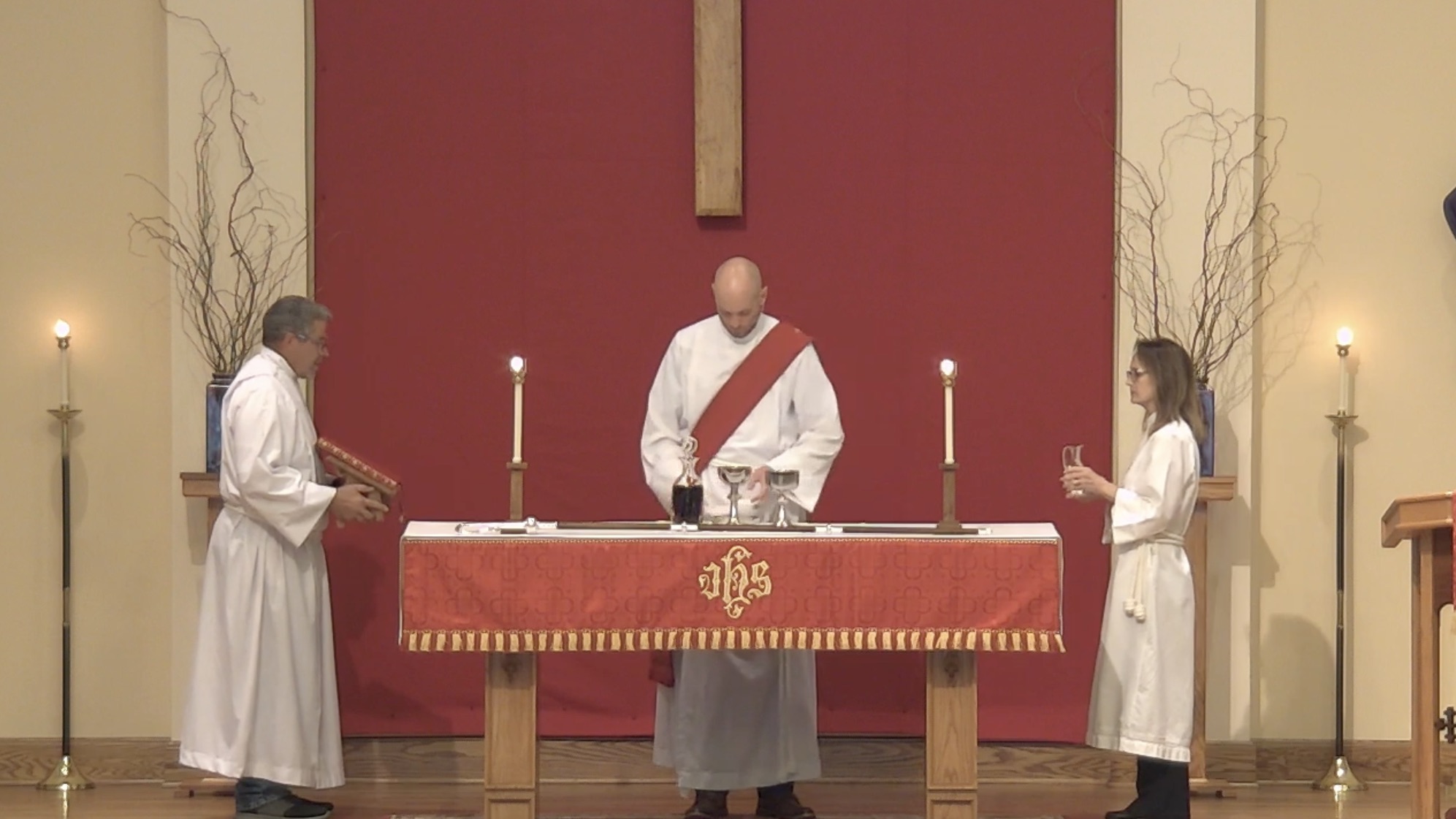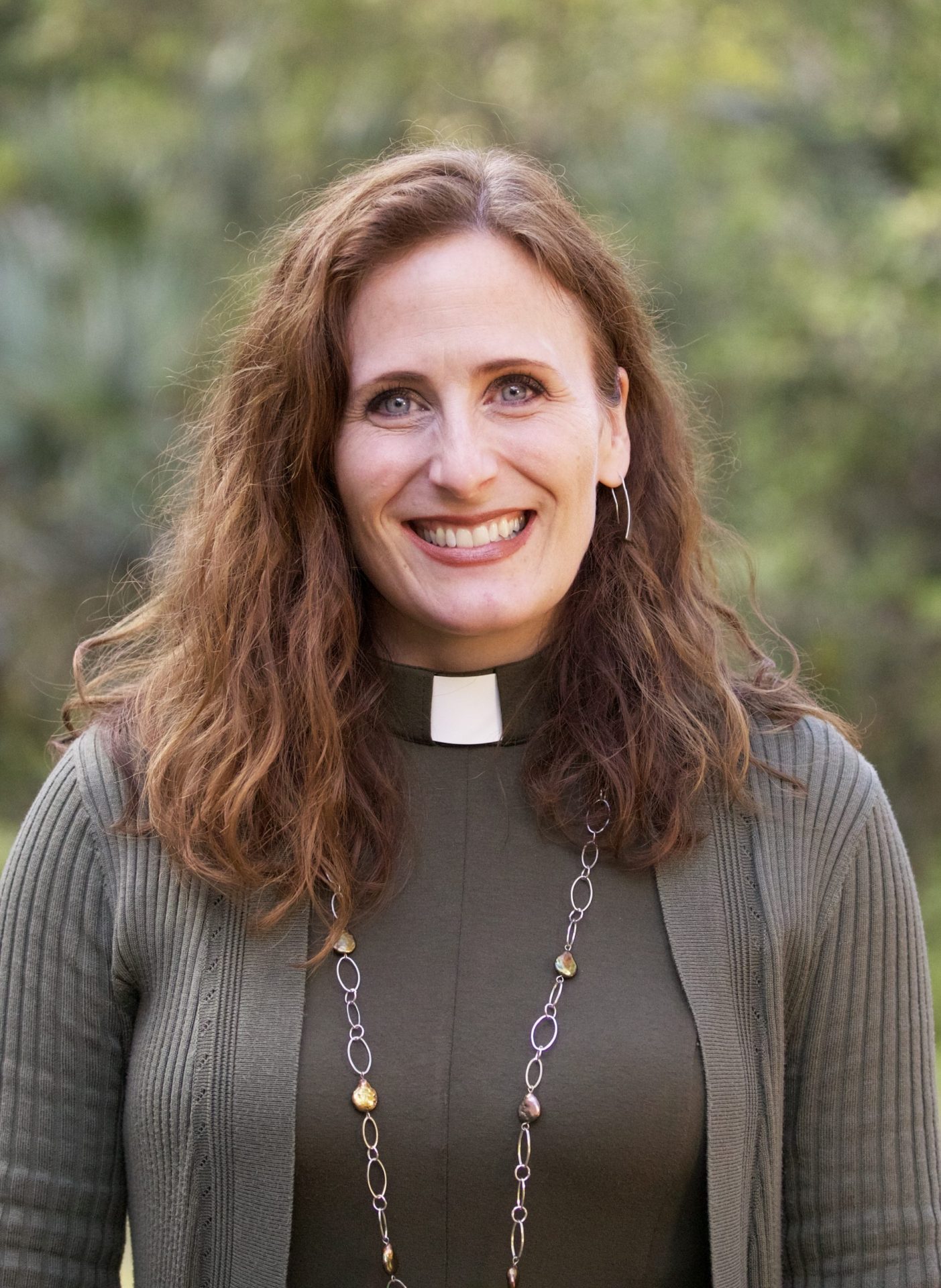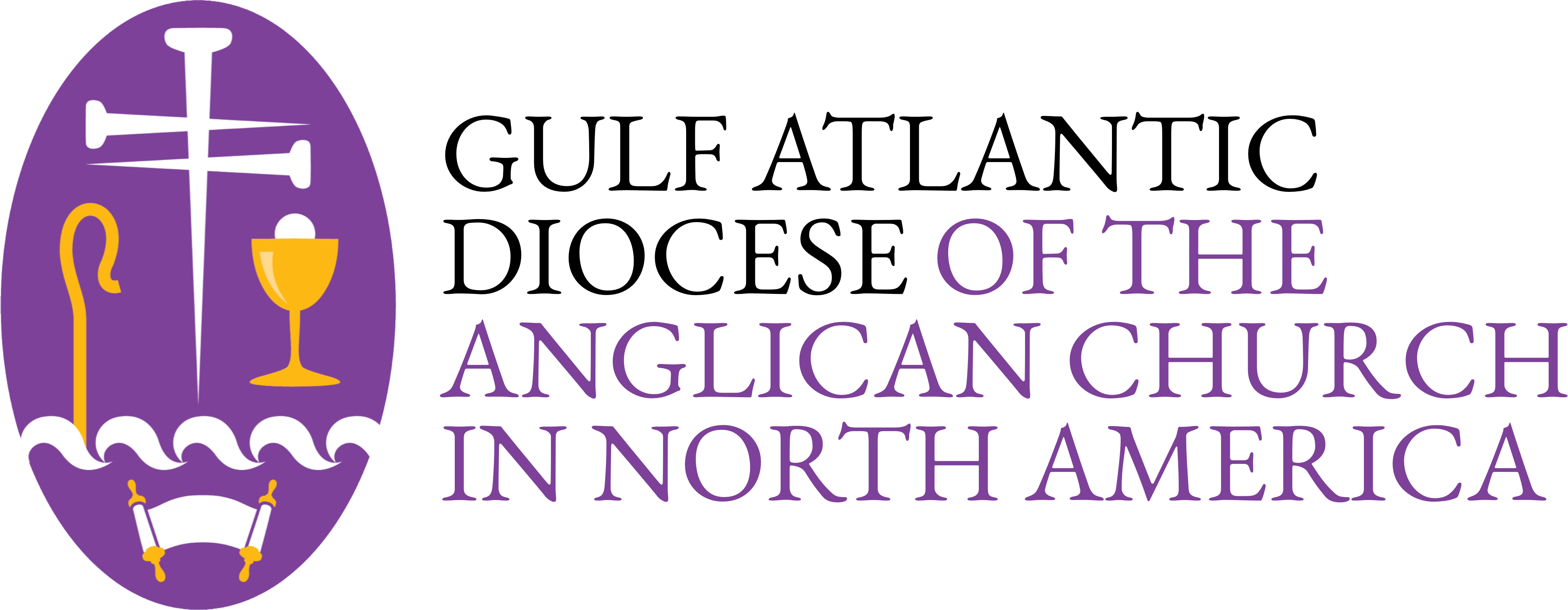

One of the great honors in my role with the Diocese is that I am able to walk alongside leaders in our various churches as they embrace their ministry calling. For some, this may include attending conferences (like our Equipping the Saints conference in April), or volunteering in youth ministry, or serving at a local food bank with your small group, or attending an Alpha course at your church. For others, it means stepping into a more formal role of ministry leadership. I wonder how many of you reading this have felt that tug?
As Christians, we are all called into service in God’s name, of course, but for some of us, that calling is a formal invitation to join a brother/sisterhood of those who commit their lives in service to God’s Church. This invitation is confirmed by those who know you well, and who can affirm that they see a humility in service to others and a willingness to seek God’s direction for how your gifts and abilities might better the Kingdom. For those, pursuing ordination to the diaconate or presbyterate (as a deacon or priest) is a natural next step.
One frequent question we receive at the diocesan level centers around the difference between a priest and a deacon; more succinctly, there seems to be a lot of confusion regarding the role of deacons in the Anglican Church. Our catechism says the following regarding the work of deacons:
“Serving Christ under their bishop, deacons care for those in need, assist in public worship, and instruct both young and old in the catechism.”
To Be a Christian, #145
The Book of Common Prayer provides additional insight in the exhortation a bishop gives a deacon during their ordination service by identifying the following as responsibilities under his, and the Rector’s, direction: to read the Gospel, to proclaim Christ in service, to instruct others in the faith, to baptize and preach, to assist in public worship, to guide the intercessions, to aid in Holy Communion, to carry the Sacrament to others, and lastly, and perhaps most importantly, to be a threshold minister (emphasis mine, see pages 477-478).
The exhortation does not use that phrase, “threshold minister,” but that is the best descriptor I have found to explain what deacons are called to do. They are called to stand in the threshold, with one foot in the world and one foot in the church. They are called to interpret the needs of the community, and then to equip and encourage the church to meet those needs.
All of our knowledge is based on our own experiences, by what we have been exposed to, or by what we have been taught. For many, the idea of a deacon is based on the deacons we know, the ones with whom we have experience. However, this understanding is significantly limited. When I was in my discernment process, I attended a retreat where approximately thirty deacons shared individually how the Lord was working in their ministry area back home. Every single one of those deacons served in a different way than the next. The range of abilities, gifts, and ministries was varied. It excited me to realize that I was called to serve the church according to my own gifts and abilities, aligned with the other leaders at my parish, while taking into consideration the needs of my particular context and community. What freedom! You mean I could answer the call to ordained ministry by serving the Kingdom in ways that I was uniquely gifted to do? The answer was an immediate yes.
Being ordained a deacon did not mean that I planned to pastor a church. It meant I was gifted the honor of bringing someone Communion if they were unable to come to church, ensuring they knew they were missed. It meant I could teach others all I’d learned about our faith, and it meant I was called to pray for my community. It meant I could serve in youth ministry, and it meant I could serve on the worship team. It meant I could mentor other female leaders in our parish and it meant I could contribute to our evangelism and discipleship strategy. A deacon is called to serve, according to their gifts, in ways that equip the church to meet the needs of the world.
It means the bishop laying his hands on you, and those who have put you forward, trust that you have been taught well and recognize your ministry to serve others in Christ’s name. Serving in Christ’s name is always a high honor, but it is one that all of us, regardless of ordination status, should aspire toward.
At our last clergy conference, our guest speaker (a visiting bishop) suggested that our diocese work toward a goal of having twice the number of deacons as we do priests. We currently have approximately 130 ordained priests and 50 ordained deacons. I say ordained, because that number (50) includes only those who have answered the call. I am certain we have 100 or more future deacons in our pews across this great diocese, perhaps including the person reading these very words.
How has the Lord called you to equip your church to meet the needs of your community? How will you answer that invitation?
For more information regarding the diaconate, please speak to your Rector, or email Jessica at archdeacon@gulfatlanticdiocese.org.
Here are just a few photos of deacons’ ministries from around our Diocese including serving with police officers (and their canine warriors!), leading pet blessings, serving alongside Judith McNutt in Christian Healing Ministry, blessing the hands that serve in hospitals as a Hospice Chaplain, ministering to the vulnerable, knitting quilts for the local Sheriff’s office to offer to children in unsafe situations, leading Kids Club, foot washing, serving at camp, bringing the Eucharist to the homebound, and serving in YoungLives Ministry to teen moms.













